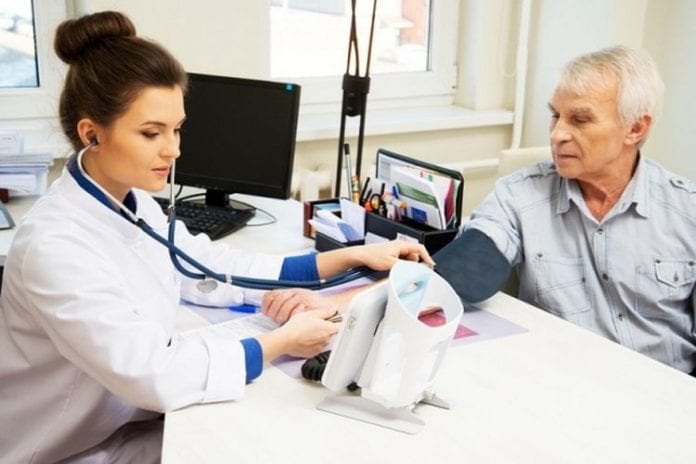A new research has shown that doctors are actually better than the symptom checker programs that are available online, but the study also showed that humans are not entirely perfect and might be able to benefit from the algorithms to supplement their skills.
In one head to head comparison study, human doctors who had the same access to information such as the medical history and symptoms as that given to a symptom checker managed to get the diagnosis right in 72 percent of the cases and the apps inly managed a dismal 34 percent of the time. From the 23 online symptom checker apps which are available on the internet as apps and through the various websites such as the Web MD and the Mayo Clinic sites in the US and the Isabel Symptom Checker available in the UK.
Dr Ateev Mehrotra, based at Harvard Medical School in Boston said that unsurprisingly the current symptom checkers did not outperform the current crop of doctors in any way. Mehrotra however said that it would be better if computers and humans would be used with each other to help get a diagnosis than to be pitted against each other.
During their research, the researchers made use of the Human Dx web platform to distribute about 45 clinical vignettes, a set of medical history and symptom information, and it was also given to 234 physicians for evaluation. Doctors were not able to perform any physical examinations on the patients they were given but all they could do was to use the information they had been given and nothing else.

From the vignettes supplied, 15 of them described some acute conditions, and 15 of them also required some low level care. Most of the symptoms were describing some common symptoms and the other 19 described some uncommon conditions. Doctors were able to submit their answers as free text on the platform and the potential diagnoses which were ranked in their likelihood. When the results from the physicians was equated with that of the symptom checkers, physicians were better at putting a correct final diagnosis than the symptom checker apps.
Doctors also managed to get it right more times than the symptoms checkers on the uncommon diagnoses, but the apps and websites were better at finding out the less problematic conditions and the more common diagnoses, as the results of the JAMA Internal Medicine research showed.
Dr Andrew M Fine of the Boston Children’s Hospital said that in medical school doctors were taught to consider broad diagnoses which can also include some rare conditions and also consider life threatening diagnoses. The National Board exams are also assessing the ability of doctors to recognize the rare and can’t miss diagnoses, so in a way physicians are always going to look for such diagnoses. He also said that if the two could be joined together and augment each other it would lead to a better diagnoses.









